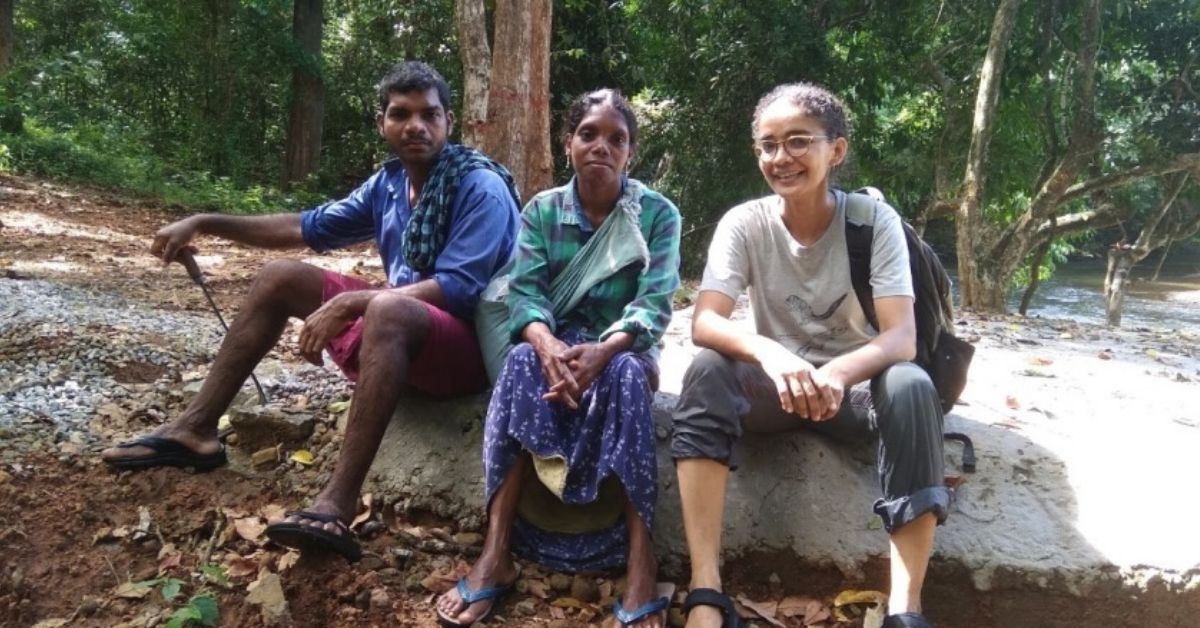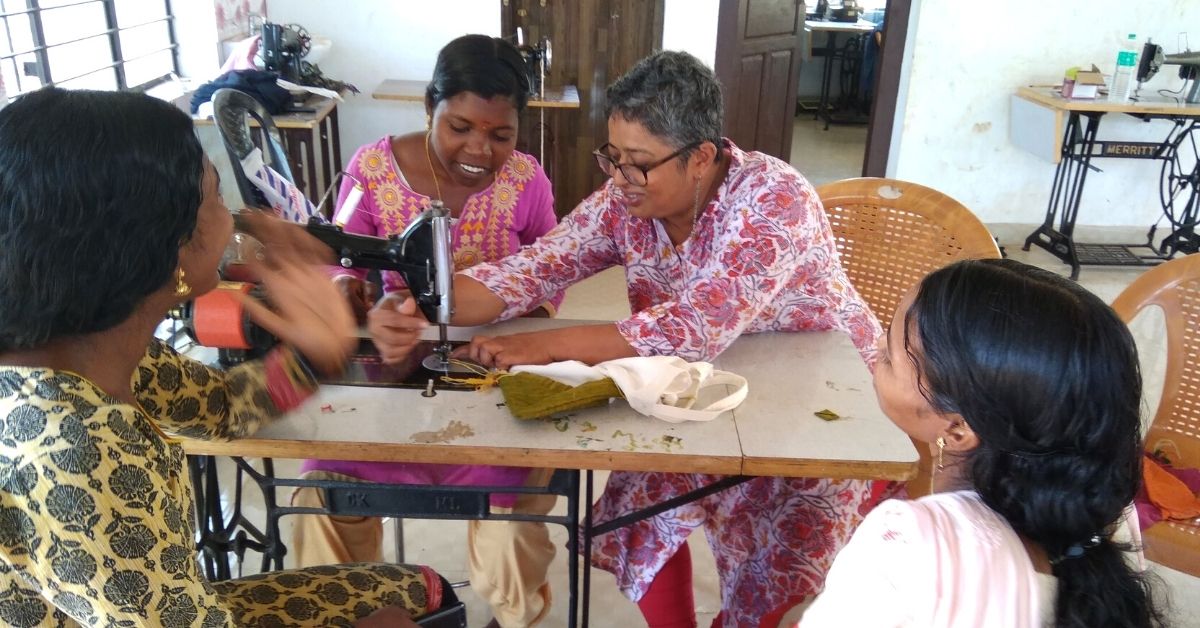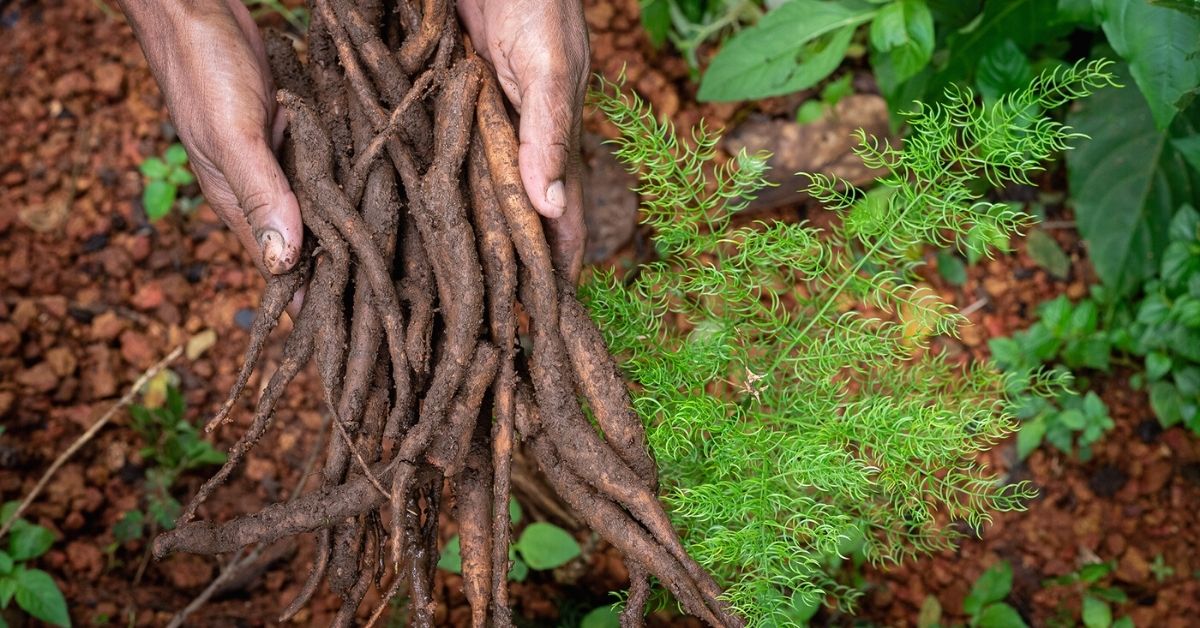Shatavari to Queen Sago: How We Used Rare Forest Produce to Double Tribal Incomes
Dr Manju Vasudevan and Dr Sreeja KG founded Forest Post, a venture to help tribals generate sustainable livelihood and with products made from shatavari and other rare produce

In Kerala, amid the Chalakudy and Karuvannur River basin, dwell the indigenous tribes of Kadar, Malayar, and Muthuvar. These tribal groups sustain mainly through forest produce.
For the last four years, ecologist Dr Manju Vasudevan has worked closely with these communities to secure their livelihood and encourage the conservation of nature. In 2017, she joined the River Research Centre, a Kerala-based NGO, to spearhead various development projects for these tribal groups.
With river rights activist Dr Lata Anantha, Dr Manju, who holds a doctorate in pollination ecology, began working towards empowering tribal communities with forest rights. She would often venture with tribals into the forests to learn about their lifestyles and understand them better.
It was here that she found an abundance of Shatavari (asparagus), which the tribals used to make pickles. When some of the product was offered at a local event, a buyer said he was interested in more derivatives of the produce.
This experience inspired her to make products from rare forest resources such Shatavari honey, oils and more.
Creating a sustainable enterprise

But here, Manju found herself at a crossroads. “I had always worked using the cooperative model of enterprise building, training women groups in the value addition of non-timber forest products (NTFP), and strengthening local economies,” she says.
Manju had to decide whether to continue in the same manner or dive into a social enterprise. “As a non-profit NGO, we could not enter a business. But selling the forest produce helped the tribals earn additional income. Hence, the same year, Dr Sreeja KG, a colleague and an expert in agriculture and climate change, created a sister entity, Forest Post, providing a platform for tribals to market traditional and authentic products created using sustainable methods,” she says.
Today, their entity is helping over 60 tribal people who work in tandem with the social enterprise, producing and selling products.
“The indigenous forest-dwelling people in the Western Ghats collect a range of wild resources from the forest that include leaves for medicine, roots and bark of the tree for food, oils, medicine, tubers, honey, beeswax, tree resin such as black dammar (thelli), fruits such as jackfruit, gooseberry and soapnut. We started preparing unique products out of them,” she says.
The handmade products include beeswax personal care, herbal hair oils, rare wild foods and bamboo craft. “We are working with tribals from villages such as Karikkadav, Anapantham, Chimmony, Kallichitra, Adichilthotti and Vazhachal,” she adds.
With an online presence, the social enterprise is receiving orders across India. “Though the business is in nascent stages, the number of orders are increasing and have grown threefold. Earlier we received one order a month which has now increased to three times. The recent order we received was 400 soaps, double the previous ones. We have also been supplying products to offline stores such as Tribes India and at airports,” she explains.
Kanakamma, one of the stakeholders at the enterprise, says, “I learned how to make bamboo baskets from other women in the village. We procure bamboo from the forest and sell the products made from them via Forest Post. We earn more profits than we did before.”
Dr Manju says the company is now in the process of tying up with hotels and other conscious brands that are willing to pay a premium and show a commitment towards sustainability.

Being a first-generation entrepreneur, she says she made many mistakes at multiple levels, including the logistics, procuring of raw material, wages and raising capital. “We received help from United Nations Development Programme (UNDP) in terms of brand strategy, product marketing and other aspects of the business,” she says.
“Our brand has a unique identity and stands for values around sustainability. We are against palm oil, and our products using traditional resources make a statement against the import of the same, or converting rainforests to grow palm trees,” Dr Manju says.
She adds that a question that worries her is the massive exploitation of resources when the number of orders increases. “We have ensured to keep a cap on the number of resources harvested from the forest. For example, queen sago is a rare forest product used for value addition in products. We ensure that it is used seasonally and in limits,” she shares.
“Through the venture, we want to set an example that adivasis can find secure livelihoods close to their ancestral domain without jeopardising the future of the forests and can take on stewardship roles in conservation,” she says.
For more inquiries, please call on 8281503356 or click here.
Edited by Divya Sethu
If you found our stories insightful, informative, or even just enjoyable, we invite you to consider making a voluntary payment to support the work we do at The Better India. Your contribution helps us continue producing quality content that educates, inspires, and drives positive change.
Choose one of the payment options below for your contribution-
By paying for the stories you value, you directly contribute to sustaining our efforts focused on making a difference in the world. Together, let’s ensure that impactful stories continue to be told and shared, enriching lives and communities alike.
Thank you for your support. Here are some frequently asked questions you might find helpful to know why you are contributing?


This story made me
-
97
-
121
-
89
-
167











